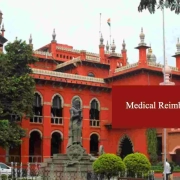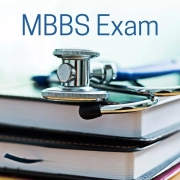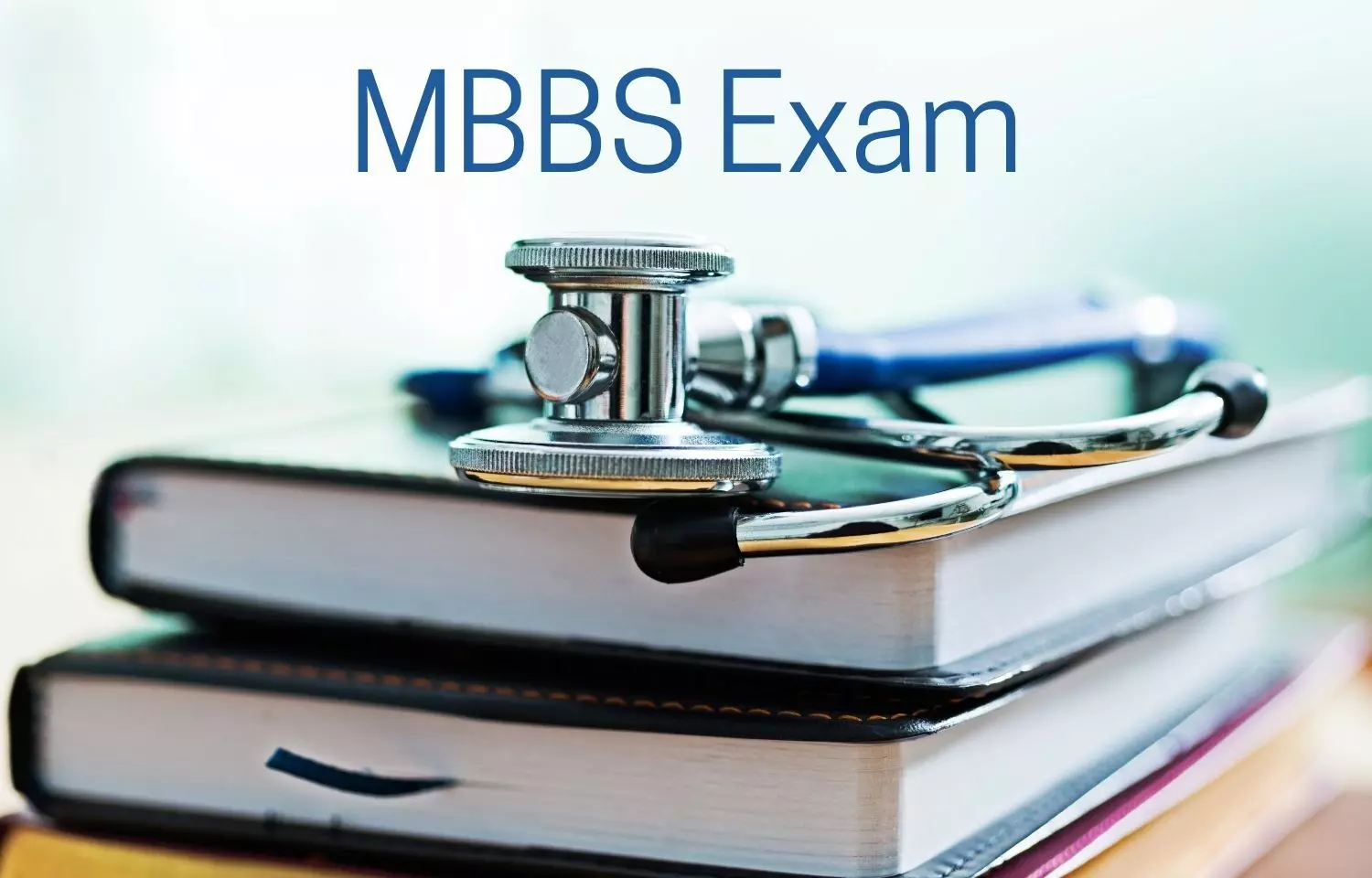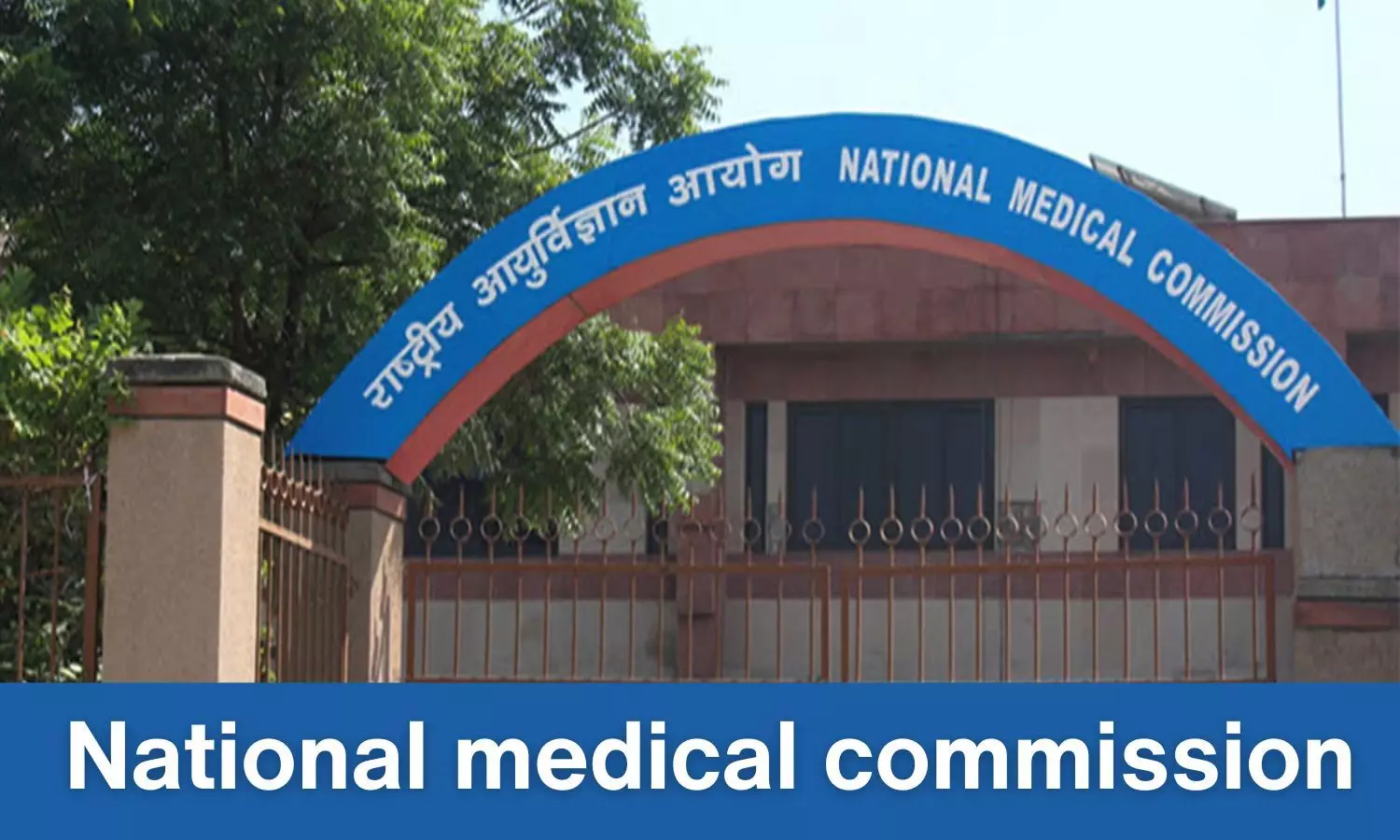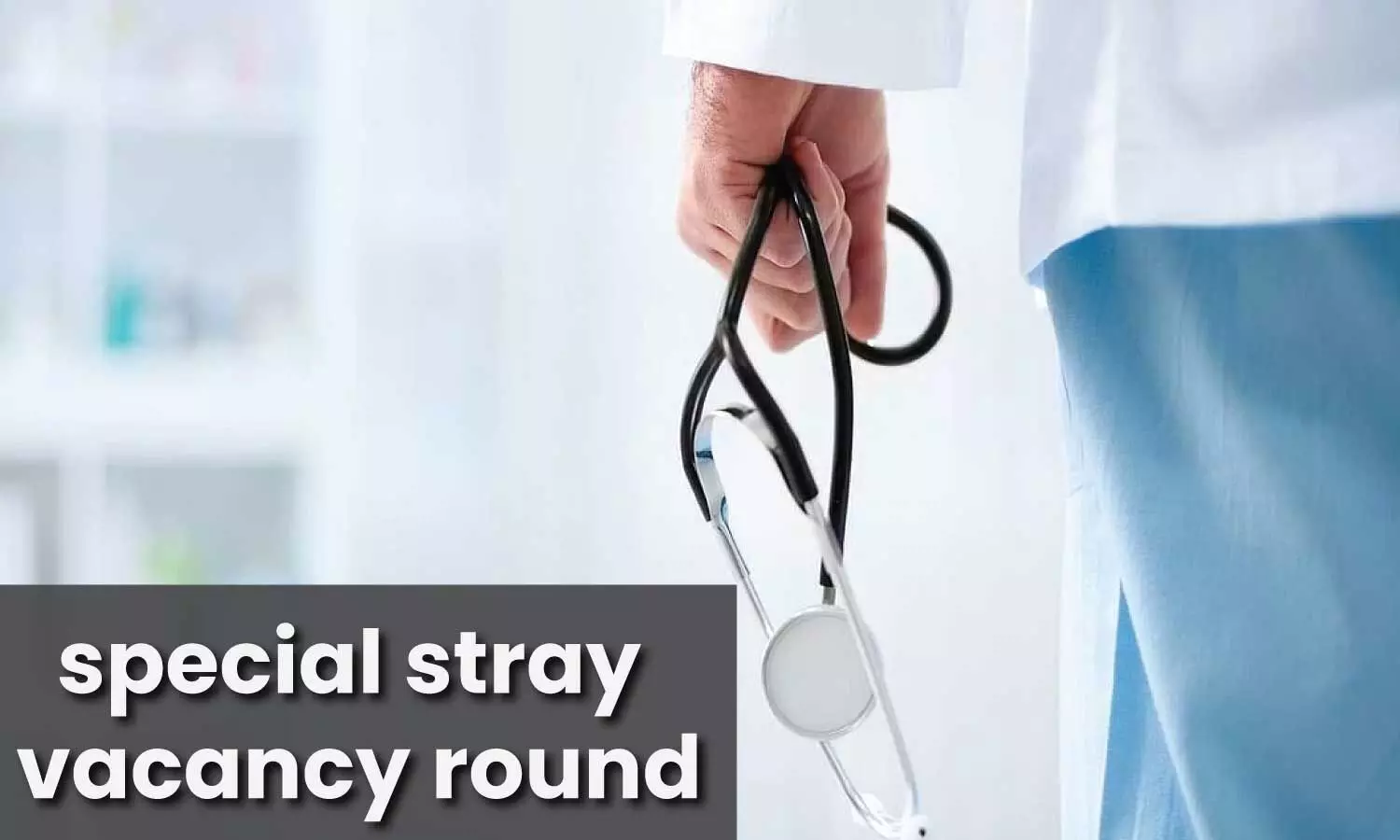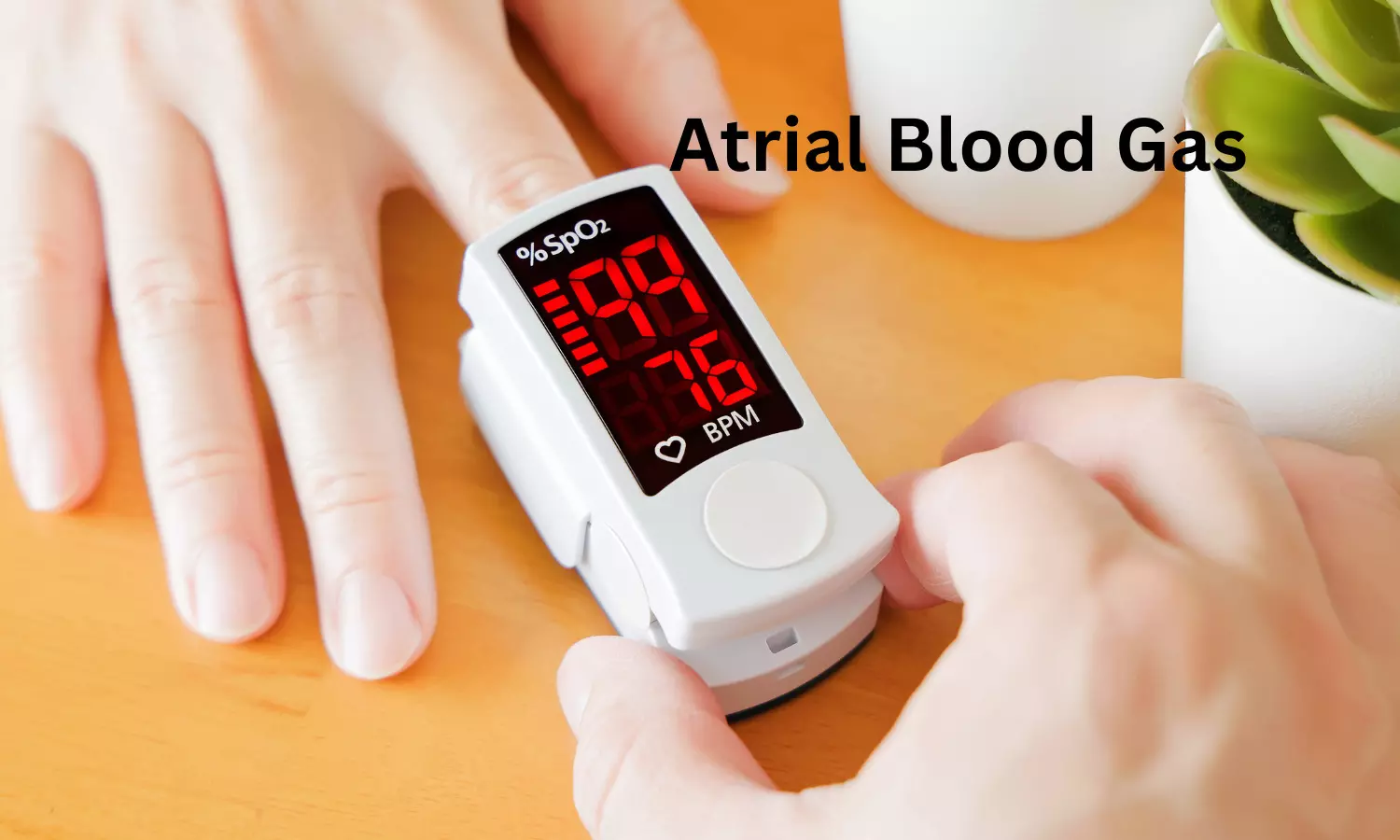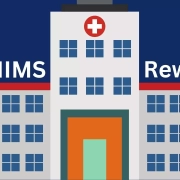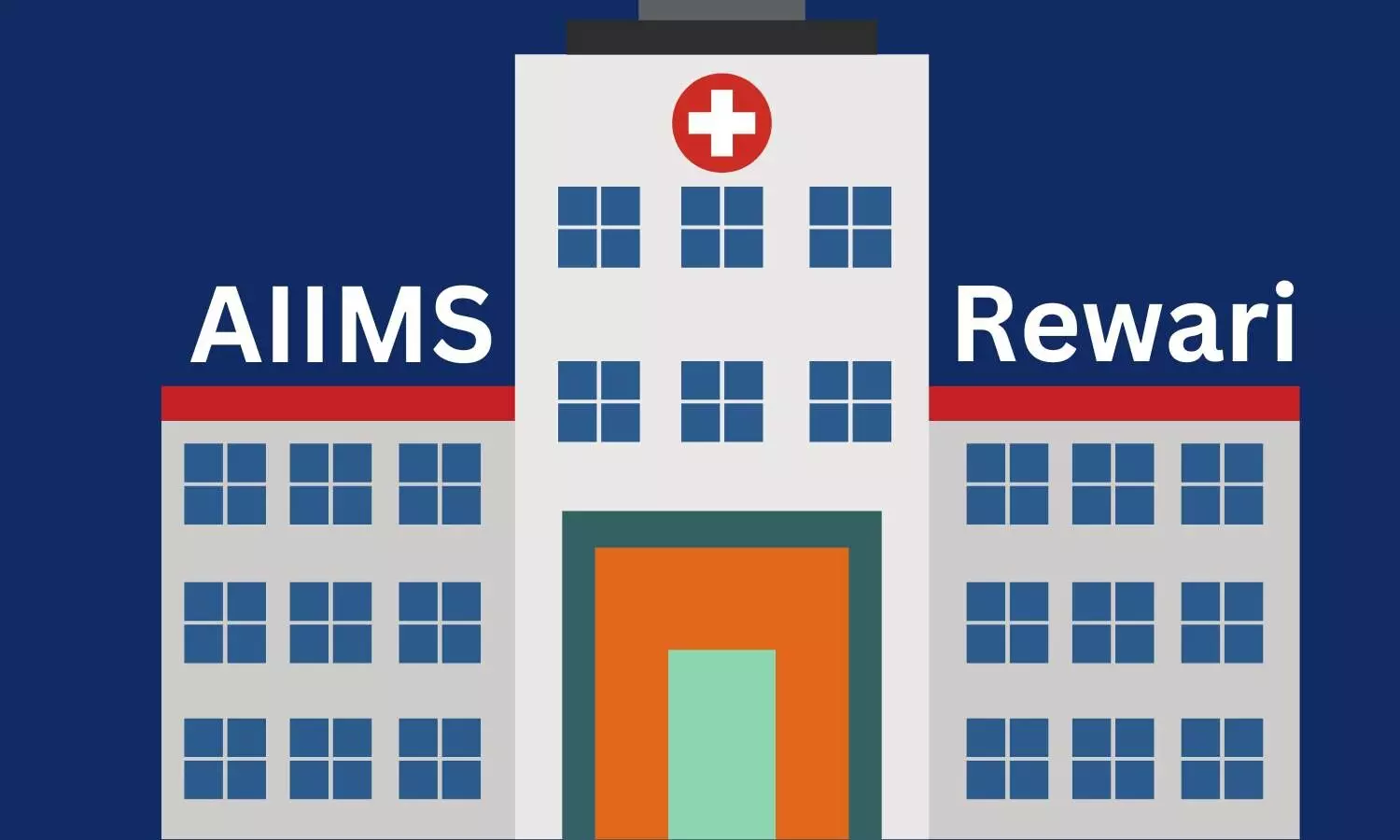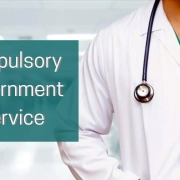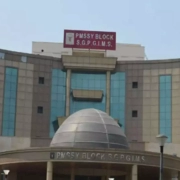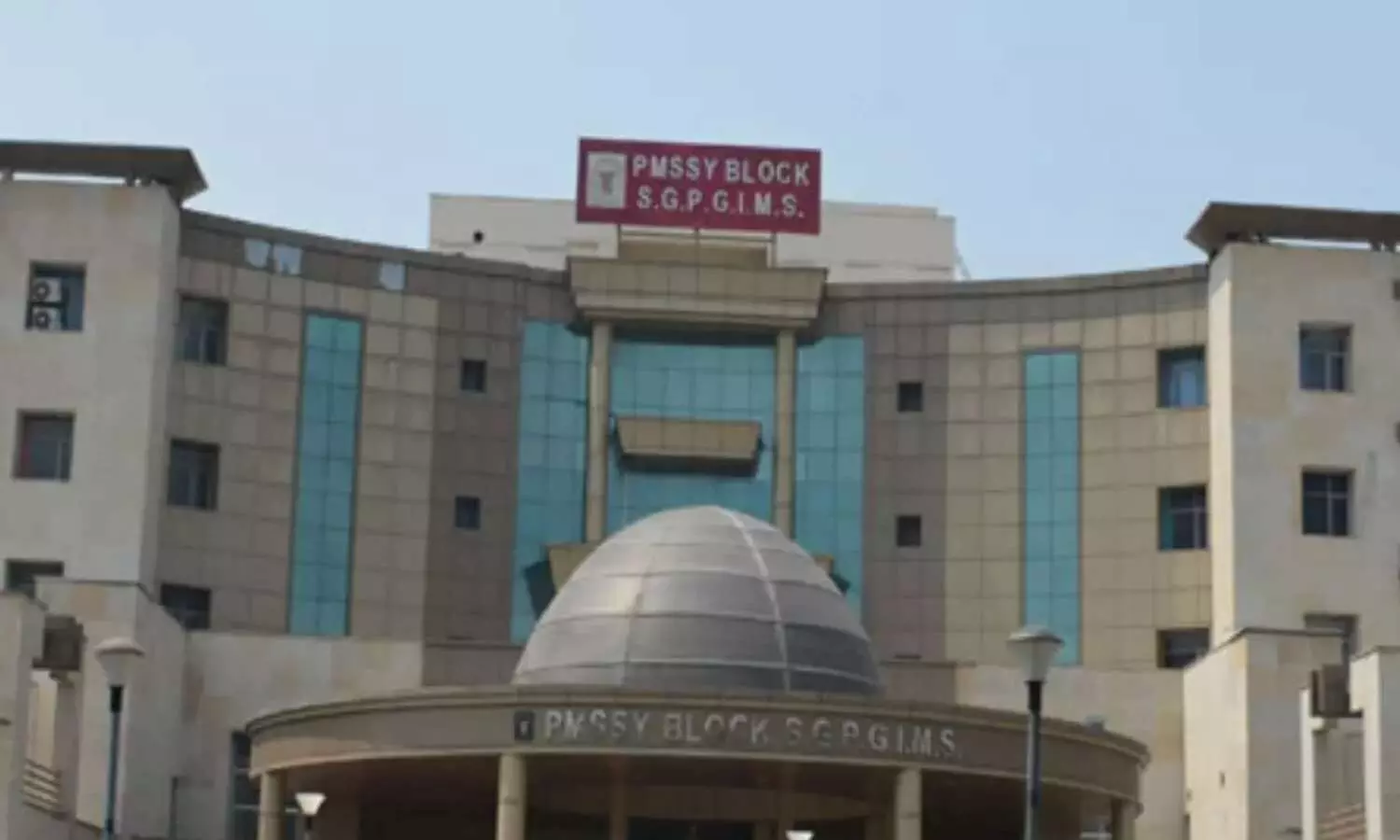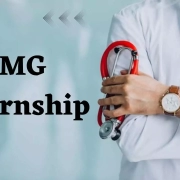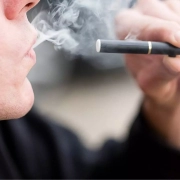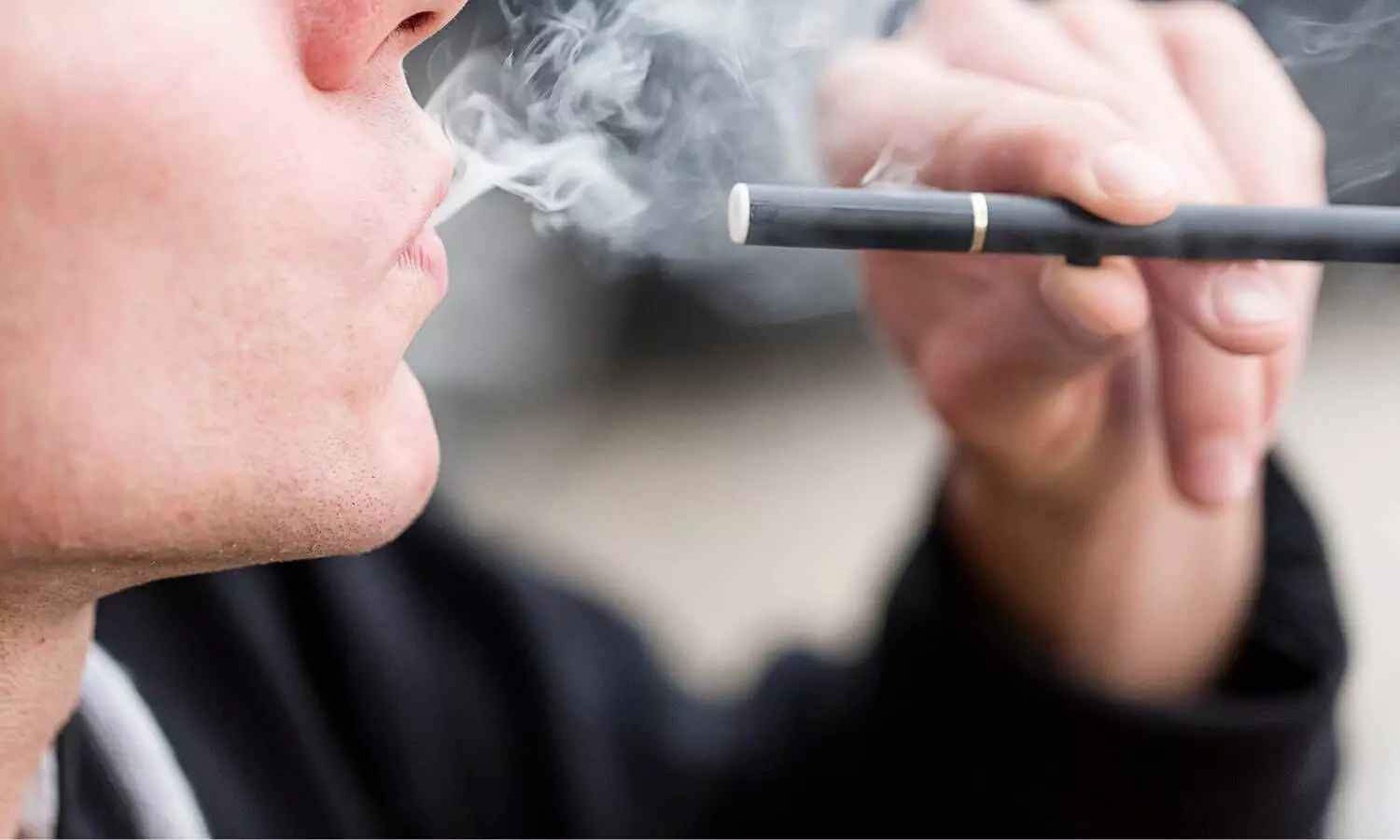Can’t reject Medical Reimbursement Claim only because patient was treated in a non-network hospital: Madras HC
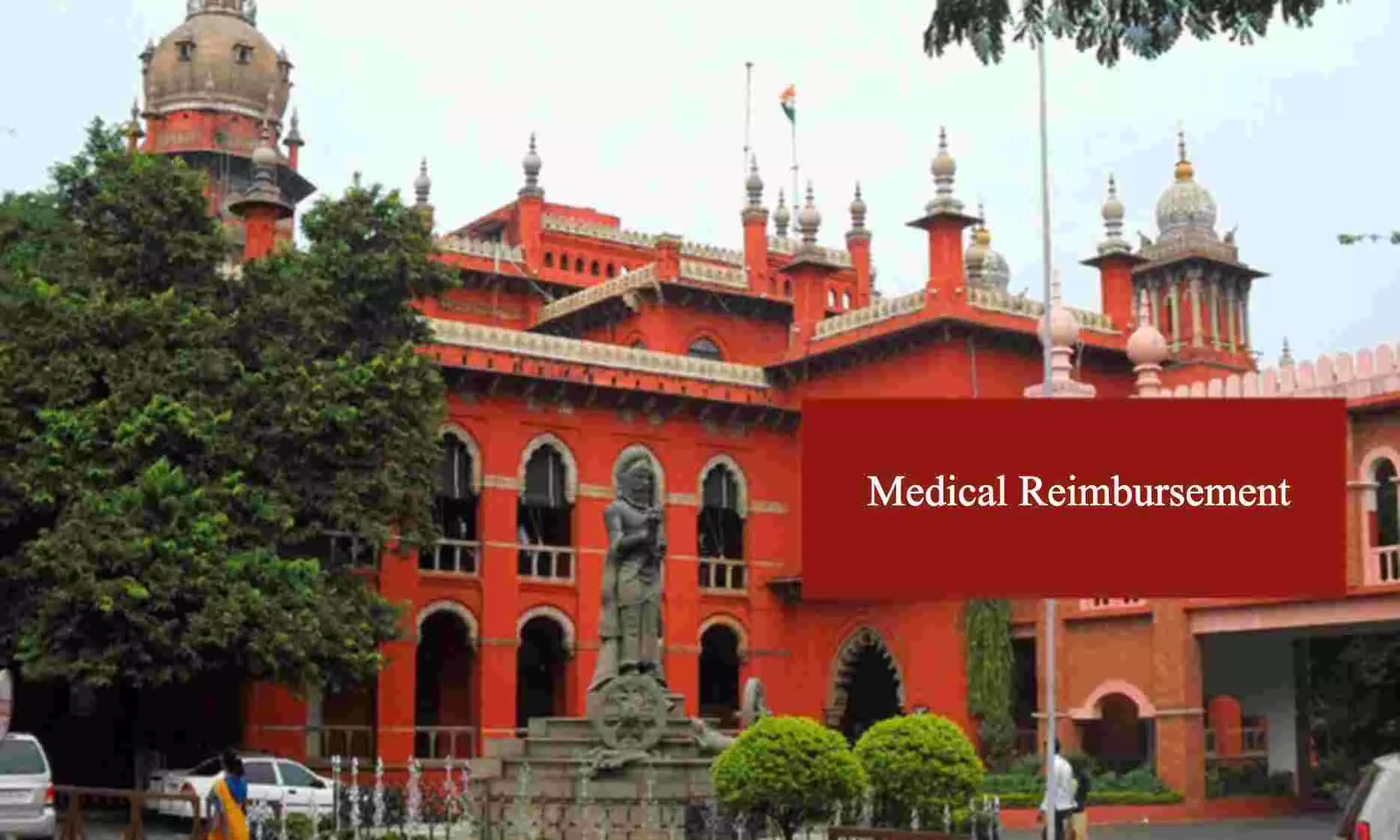
Madurai: The Madurai bench of Madras High Court recently reiterated that a claim for medical reimbursement cannot be rejected merely because the treatment was undertaken in a non-networking hospital.
“The issues regarding the settlement of the medical claim are no more res-integra in respect of the treatment undertaken in a non-network hospital. Several orders have been passed by the Courts to settle the medical reimbursement claim and not to reject the same merely on the ground that the hospital is not falling under the list of network hospitals,” noted the HC bench comprising Justices SM Subramaniam and V Lakshminarayanan.
Such observations were made by the HC bench while considering a plea challenging the order of rejection to settle the medical reimbursement claim of the petitioner issued by the Director of Health and Rural Services.
The petitioner, a State pensioner, is a member of the Medical Health Scheme. He held the post of Chief Administrative Officer in the Principal District Court, Pudukkottai and consequently retired from the post in 2010. He regularly pays the subscription fees under the Medical Health Scheme.
While undergoing surgery for a left renal tumour (Cancer), the petitioner was admitted as an in-patient at BRS Hospital, Chennai. During his stay at the hospital, he spent a sum of Rs 1,24,576 towards medical expenses.
Following this, he submitted an application seeking medical reimbursement. However, his petition for medical claim reimbursement was rejected by the Director of Health and Rural Services on the ground that he undertook treatment in a non-network hospital. Referring to this, the authorities held him ineligible for medical reimbursement claim.
Also Read: AYUSH treatment on par with Allopathic treatment for Reimbursements: HC
Challenging this order, the petitioner approached the High Court bench and demanded reimbursement for the money he spent on his treatment. On the other hand, the counsel for the Government submitted that the medical claim will be settled only in the event of taking treatment in a network hospital. The counsel further pointed out that the hospital, in which the petitioner was treated, is not a network hospital, and therefore, the rejection was in order.
However, the court referred to several orders passed by the Courts and pointed out,
“Several orders have been passed by the Courts to settle the medical reimbursement claim and not to reject the same merely on the ground that the hospital is not falling under the list of network hospitals.”
In respect of the petitioner’s case, the bench noted that there was no dispute in the genunity of the treatment taken by the petitioner. The bench further observed,
“In the present case, the genunity of the treatment taken by the petitioner has not been disputed. Once the treatment is found to be genuine, there is no reason to reject the medical claim of the petitioner.”
With this observation, the bench issued direction to the government authorities to settle the claim for medical reimbursement. The order stated, “In view of the facts and circumstances, the impugned order passed by the 2nd respondent dated 02.04.2018 is set aside. The 7th respondent is directed to settle the eligible medical reimbursement claim of the petitioner under the scheme within a period of six (6) weeks from the date of receipt of a copy of this order and the respondents 1 to 6 shall ensure that the payment is made by the 7th respondent within the time stipulated by us in this order.”
To view the order, click on the link below:
https://medicaldialogues.in/pdf_upload/madras-hc-medical-reimbursement-227700.pdf
Powered by WPeMatico

